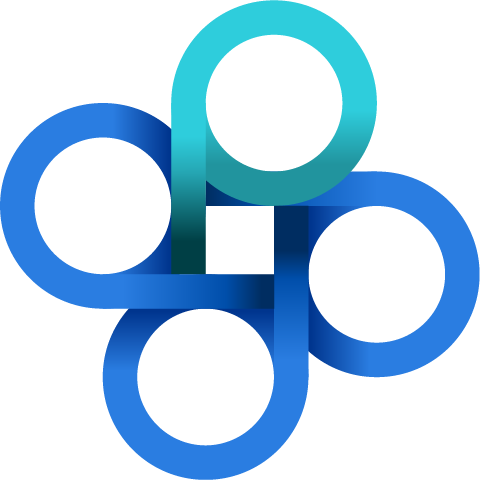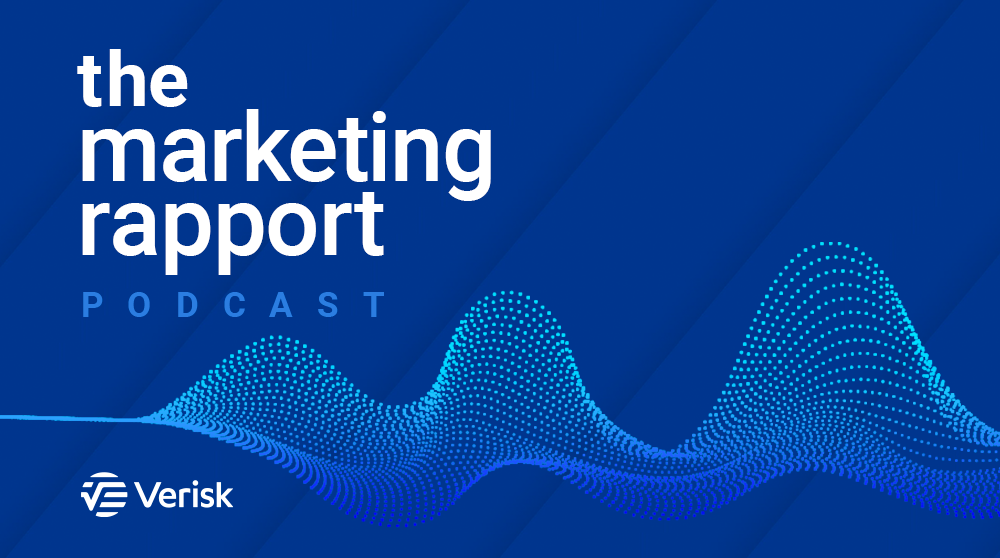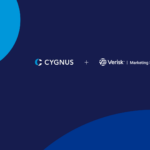Identity Revolution: How the Minnesota Vikings Reach Consumers Even With an Empty Stadium
If you spend Sundays from August to February watching your favorite NFL team, you would probably think Kendall Peters has one of the coolest jobs in the world.
Peters is the Sales Analytics and Engagement Manager for the Minnesota Vikings. And while he’s not calling plays on the field, he is helping gameplan how the team interacts with fans and uses consumer data strategically.
Although NFL teams are some of the most famous brands in the country, Peters says that his experience at the Vikings is more like working for a small business.
“We’re talking about approximately 200 employees on the business side… when you look under the hood, it’s a small business with a large brand,” he says.
In an episode of Identity Revolution, Peters explained how COVID changed the way the Vikings brand interacts with consumers, how they collaborate with other Minnesota sports teams, and how they’re using data to figure out what kind of fan you are and how to serve you better.
Tackling COVID with digital innovations
In 2020, professional sports fought a very public battle with COVID. There were multiple outbreaks among staff and players, and many stadiums — including the Vikings’ U.S. Bank Stadium — were closed to fans all season, eliminating revenue from tickets, merchandise and food.
However, Peters says that on the positive side, the pandemic pushed the franchise to evolve in ways that suit fans who were already primarily engaging with the team in digital marketing channels.
“We were driving towards this in the past, but the pandemic has shown us there will be scenarios where you cannot physically reach fans. Let’s make sure we still create a world-class experience and get engagement from them,” he says.
Data analytics helped the brand maintain its second-most valuable revenue stream: sponsorship. “We were able to maintain the majority of our sponsorship revenue this season, due to a lot of conversations with the different brands we work with,” Peters says. “Our sponsorship sales and service team did a great job of starting those conversations and then working with us to use data to back themselves up.”
The Vikings also found ways to incorporate sponsors into the new fan experience, giving over empty seats to sponsors’ banners and creating in-house video content with players.
“We created new programs this year, before and after games, and we sprinkled in some of our sponsors to make sure they got some love,” Peters says.
Using consumer data to get to the heart of fandom
Beyond COVID, Peters’ focus is on normalizing consumer data use throughout the Vikings organization. “We’re really excited about some of the changes that we can influence with data and information,” he says. “It was tough to do in the past because a lot of this information wasn’t present or wasn’t easy to collect, or wasn’t easy to translate to other individuals. We’re at a unique time in terms of the maturity of our entire staff and where we’re trying to go.”
A big goal is reaching new and existing fans in more relevant ways and in the best channels.
“We did quantitative and qualitative analysis to develop six different [fan] personas, in terms of how they engage with us,” he says. “And that applies to all of our sales and marketing initiatives on how do we want to talk to you, how do we want to engage you.”
For example, Peters says that while Vikings season ticket holders tend to be white men in their 50s, younger fans often find the franchise through fantasy football or the Madden video games.
“We know that skews towards Gen Z and less towards our fans who are purchasing tickets …. We’re going to talk to you differently. Maybe we’re not sending you game theory. Maybe we’re sending you Madden championship information, how to sign up for that, how to get exclusive codes — things like that,” he says.
Collaborating with rivals off the field
Although the Vikings go head-to-head — literally — with their rivals each week during the season, there’s more collaboration between data and analytics counterparts on opposing teams.
“Obviously we compete on the field, but off the field, if one team is doing better than another, we want to share those best practices and make sure that the revenue share is going there too,” Peters says. “We’re not really competing off the field.”
This extends to other sports and non-professional teams, especially in the face of COVID. On March 11, 2020 the NBA made the unprecedented decision to suspend its season, one of the first major indicators of how serious the pandemic was expected to be. As it became clear that all sports would likely be disrupted, Peters says that his data and strategy team connected with their counterparts in Minnesota’s other major sports franchises and the University of Minnesota.
“We’ve had a lot of conversations about best practices, what’s working well for us, what isn’t working well for us, in order for us to all thrive together,” he says.
Contact us to see how Infutor can help drive your own marketing and data analytics initiatives.
Note: This is based on an episode of Identity Revolution, Infutor’s podcast featuring data-driven experts discussing all things marketing, analytics and identity.








 Your Privacy Choices for Platform Services | Data Services
Your Privacy Choices for Platform Services | Data Services